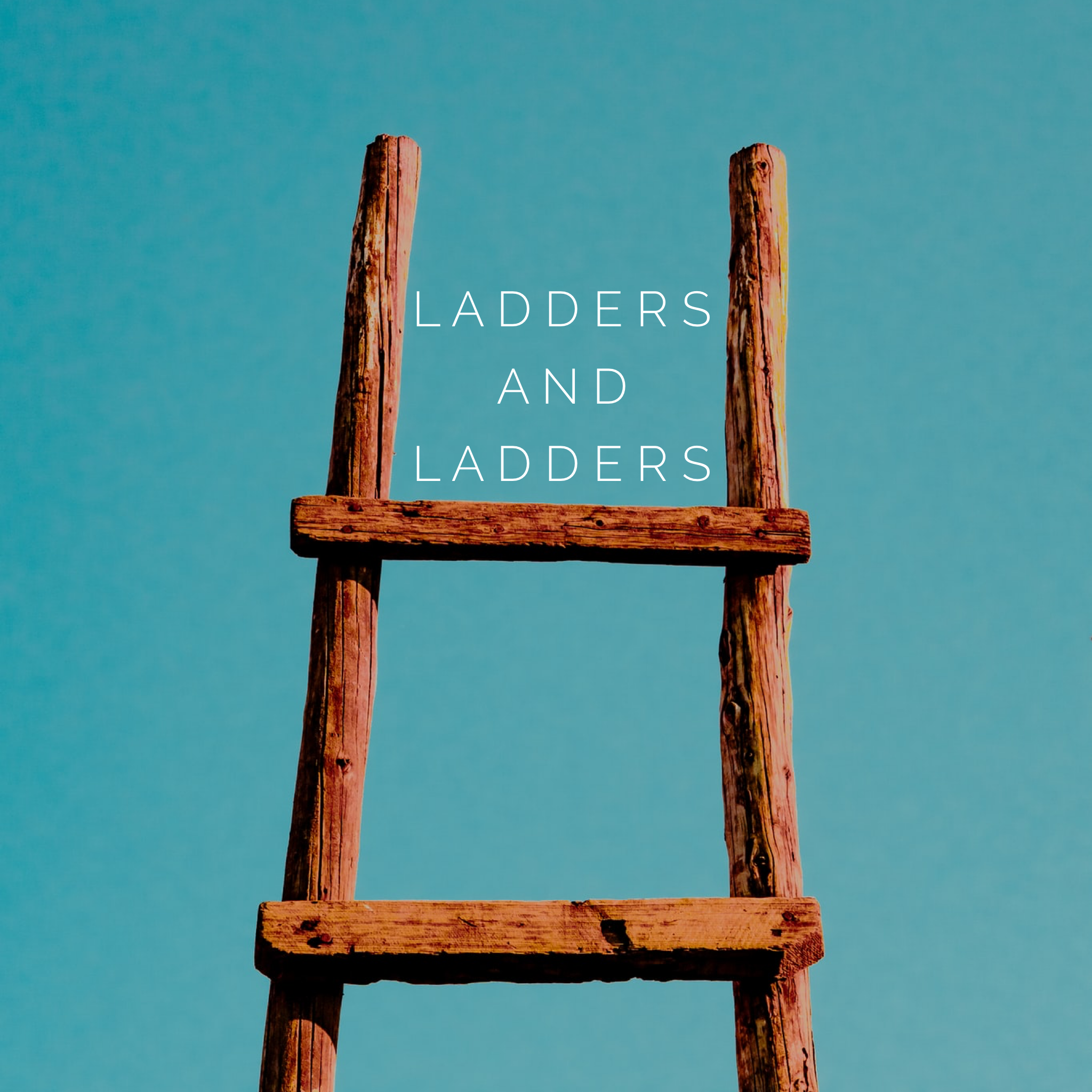Preaching to the Birds
This is a story about Assisi and Alabama.
They say that Francis of Assisi was so in love with God that he would stop and preach the gospel to the birds. I have always loved that image. In fact, there is an icon depicting this scene that hangs on the wall next to my bed. It shows an individual who is so God-intoxicated—to borrow a phrase from Martin Luther King, Jr.—that he wants to every creature to hear about the wondrous love that has captured him.
When John Lewis was a child, he apparently ministered in a similar way. Before he sought to make his life an instrument of peace during the civil rights movement, Lewis was the son of sharecroppers in the Deep South. On the farm, he would preach to the chickens. They were his congregation. He presided over their marriages, gave eulogies at their funerals, and baptized them.
What I love in those two pictures is the profound love of God and of God’s creation. They show individuals who see the world as an audience for the transforming love of God. Francis embodied the credo of preaching the gospel at all times even when words are not used. Though his childhood nickname was “Preacher,” Rep. Lewis did not serve in that vocation as an adult. But he preached. He put his life on the line believing that God’s love and justice was for all from birds to the people terrorized by a sinful system.
As much as we love those anecdotal stories of divine whimsy, the truth is you or I might think it odd to come across a person preaching to poultry. It works as a story set in the past; tucked away all nice and neat. But it would be another thing to come across someone delivering a homily to the birds today. It might seem a little overboard. It would feel weird to see someone so God-intoxicated that they sharing good news with the birds. Great love often seems like it’s going overboard.
By the same token, the other actions of Francis and John Lewis are fine when they are in the rearview mirror of history. But when individuals today protest the failings of the church and try to rebuild it in a way that tries to follow Jesus, the church often responds with hesitancy or hostility. When thousands of people have marched for justice this summer—just as John Lewis marched over 50 years ago—many ignore their cries or consider them troublemakers to be silenced. The great love of God and God’s creation is often lauded when it is safely in the past, but it is often not welcome when it confronts us in the present and calls on us to change our ways.
Changing our ways is difficult. To love God and to love God’s creation so profoundly requires that we dramatically reorder our lives. It requires that we sacrifice and possibly risk looking like fools. It requires that we relinquish our quests for power and take to heart what Jesus said about the last being first. It means hard conversations, admitting that you don’t have all the answers, and being honest about your own flaws. It is trusting God even when everything seems lost.
My prayer is that you and I do change our ways or rather that we continue the ongoing process of changing our ways. That we become so God-intoxicated that we cannot help preaching to the birds. That even if it makes those around uncomfortable, our very souls would compel us to stand alongside and up for those who are oppressed. That we rebuild the church and do not let it become a mouthpiece for the rich, the power-hungry, the cruel. That, like Francis and John Lewis, we would have the faith to work towards something we cannot see but we know is there. That, again, our lives preach to the birds and every other thing that comes our way.
And in that prayer I thank God for the saints whose lives have spread from Assisi to Alabama. Like them, may we share good news and make good trouble on behalf of God and God’s creation.








